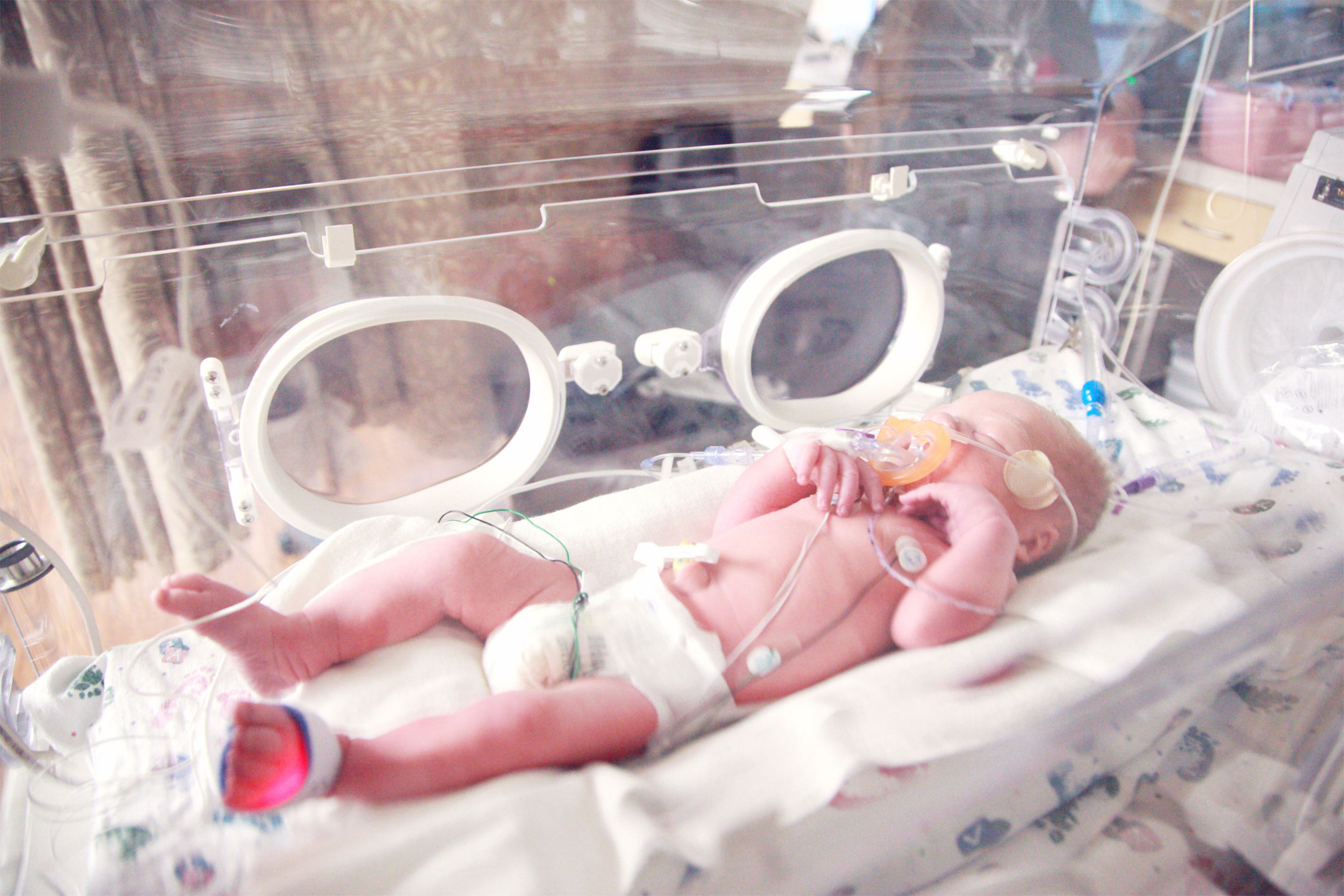
28 Sep A strategy has been found for the lifelong well-being of Preterm babies
An expert review of work done on preterm babies published recently in the New England Journal of Medicine (NEJM) has found that thanks to medical advancements, most of these tiny fighters now survive, but many of them face developmental challenges that can impact their future.
The review focused on research that used brain magnetic resonance (MRI) imaging shortly after birth. A brain MRI shortly after birth can provide a window into the brain during the most rapid and critical period of brain development.
Around 3,000 babies are born very preterm (born two or more months early) in Australia each year, and they are as unique as stars in the sky. Some might face tough challenges, while others have a smoother journey. The trouble is, researchers say, we are not great at predicting who will struggle. Scientists are on the case, decoding the connection between brain injury, developmental processes, and later outcomes.
The brain is a complex orchestra of wonders, and when it comes to preterm babies, there’s much we’re still learning. Nutrition and the environment play a significant role in nurturing brain growth– stress and pain can impact brain development, something babies can experience in neonatal intensive care units (NICU). So, researchers have worked hard to help reduce infant pain and stress and make the NICU a more nurturing space.
Parents have a powerful role to play too! Their love and care have a remarkable influence on their baby’s brain development. Parenting behaviours shape their future, so being involved in their care while they’re in the hospital NICU can make a world of difference.
The discoveries so far have sparked continuing changes in NICU designs and care approaches. The more scientists unlock the secrets of brain development in preterm babies, the better to enhance their lifelong well-being.
“All these initiatives benefit babies born very preterm, but this is just the start,” said Professor Anderson, a contributor to the Review from Monash University. “The more we understand about the factors that support or hinder brain development following very preterm birth, the greater the opportunity to find strategies to enhance their long-term well-being.”
The impact of being born very preterm on brain structure and function has lifelong implications, including for aging.

